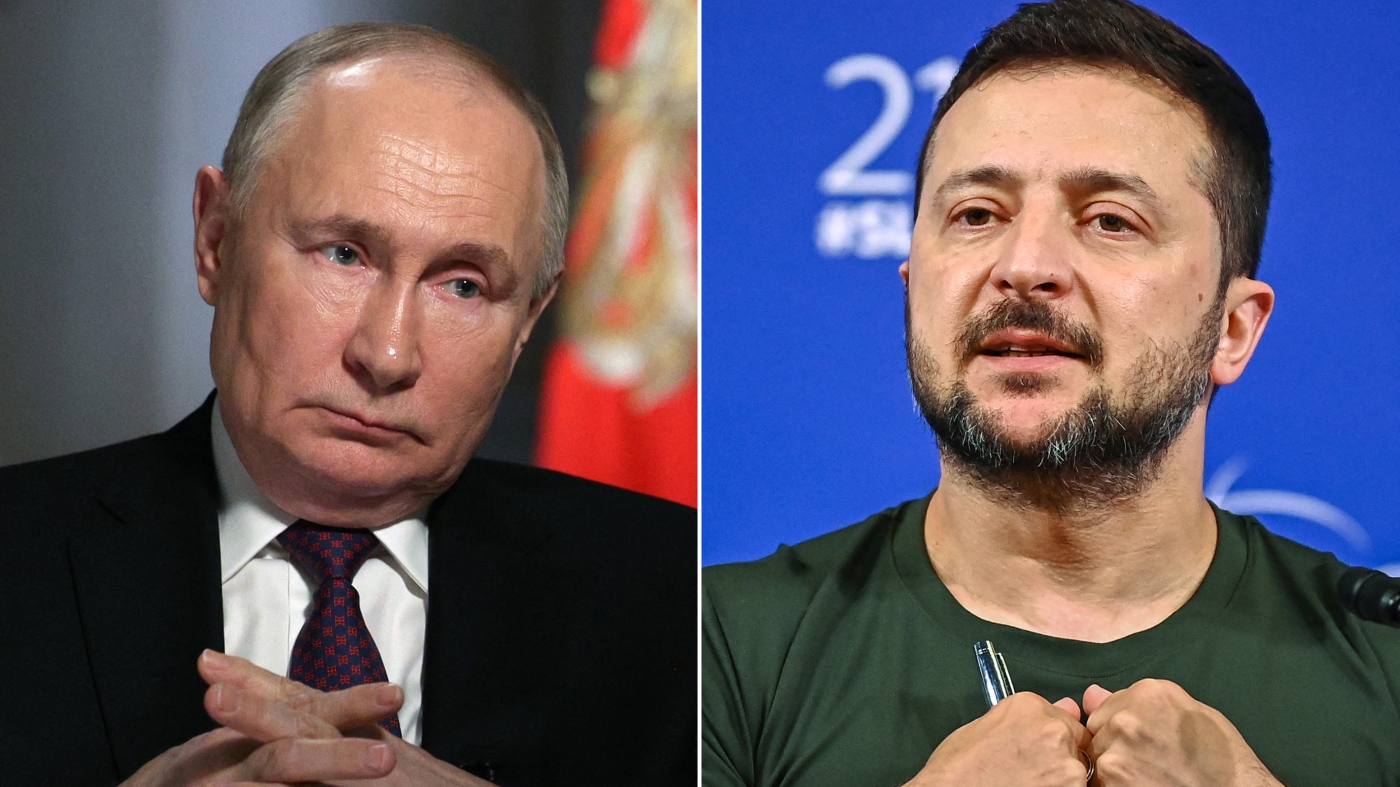“`markdown
The geopolitical chessboard is in constant motion, and few conflicts exemplify this as vividly as the Russia-Ukraine crisis. What began as a regional dispute has escalated into a global diplomatic puzzle, with players ranging from European powerhouses to an unpredictable U.S. administration. The recent push for direct talks—mediated by Turkey but shadowed by Trump’s involvement—creates a narrative ripe for analysis. Here’s a breakdown of the forces at play, the stakes involved, and why this moment could redefine international diplomacy.
—
The Ceasefire That Wasn’t: A Spark for Diplomacy?
In late April, Vladimir Putin’s declaration of a three-day ceasefire for Victory Day celebrations seemed less like an olive branch and more like a strategic feint. Ukraine, backed by European allies, dismissed it as theatrics, given ongoing skirmishes. Yet, this move inadvertently opened a door. European leaders seized the moment, proposing a 30-day truce as a precursor to negotiations. The twist? Trump’s abrupt offer to join talks in Turkey, a move that left Brussels and Kyiv scrambling to reassess their positions.
This isn’t just about peace; it’s about who controls the narrative. Europe’s coordinated push for a structured process clashes with Trump’s penchant for high-stakes, personal diplomacy. The result? A fractured front that Putin might exploit.
—
The Trump Factor: Disruptor or Dealmaker?
Trump’s involvement is a wildcard. His offer to mediate—complete with a hinted “cameo” in Istanbul—reflects his trademark style: unscripted, unilateral, and unpredictable. For allies, this raises red flags:
– Undermining European Efforts: By inserting himself into Turkey-mediated talks, Trump risks sidelining the EU’s painstakingly crafted ceasefire plan.
– The Threat of Abandonment: His ultimatum—”no progress, no U.S. involvement”—creates leverage but also instability. Will Putin see this as weakness or opportunity?
Critics argue Trump’s approach emboldens Russia; supporters claim it bypasses bureaucratic gridlock. Either way, his actions force a reevaluation of traditional diplomatic playbooks.
—
Ukraine’s Tightrope Walk: Trust No One
Volodymyr Zelenskyy’s calculus is fraught with peril. His demand for a pre-talk ceasefire aligns with Europe but collides with Russia’s insistence on immediate negotiations. Key concerns:
– Being Outmaneuvered: Direct talks without Western mediators could leave Ukraine isolated against Putin’s demands.
– The Symbolism of Istanbul: A historic bridge between East and West, but also a venue where Russia holds psychological sway.
Zelenskyy’s guarded optimism masks a stark reality: Ukraine’s survival depends on balancing external allies while avoiding concessions that legitimize Russian aggression.
—
Putin’s Gambit: Ceasefire or Trojan Horse?
Putin’s sudden embrace of talks—scheduled for May 15 in Istanbul—reeks of tactical maneuvering. By coinciding with Europe’s ceasefire demand, he positions Russia as a reluctant peacemaker while rejecting U.S.-backed terms. The subtext is clear:
– Divide the West: Exploit fissures between U.S. and European strategies.
– Legitimize Gains: Use negotiations to cement territorial holdings under the guise of diplomacy.
The Kremlin’s endgame? A frozen conflict that keeps Ukraine in check and NATO off-balance.
—
Europe’s Quandary: Unity vs. Irrelevance
France, Germany, and the EU face a existential test. Their proposed 30-day truce was a masterclass in collective action, but Trump’s intervention exposes their vulnerability:
– Dependence on U.S. Power: Without American alignment, Europe’s influence wanes.
– The Mediator’s Dilemma: Push too hard, and risk alienating Kyiv; defer to Trump, and cede leadership.
The EU’s response will reveal whether it can act as a geopolitical heavyweight or remain a bystander in its own backyard.
—
The Istanbul Wildcards
Why Turkey? Erdogan’s role as mediator offers him a chance to burnish his global stature, but the choice of venue is layered with risks:
– Neutral Ground or Russian Playground?: Istanbul’s ties to both NATO and Moscow create ambiguity.
– Logistical Nightmares: Security, agenda-setting, and even seating arrangements could derail talks before they begin.
The very factors that make Turkey an ideal mediator also make it a potential battleground for proxy disputes.
—
Conclusion: Diplomacy on the Brink
The Istanbul talks represent more than a negotiation—they’re a litmus test for 21st-century diplomacy. Can multilateralism survive in an era of strongmen and solo acts? Will Europe assert itself, or will Trump’s theatrics and Putin’s cunning dictate terms?
One thing is certain: the outcomes here will ripple far beyond Ukraine. They’ll redefine alliances, reshape power structures, and reveal whether diplomacy can still tame the ambitions of nations. The world watches, but the players must decide—will this be the beginning of peace or merely another move in an endless game?
“`











